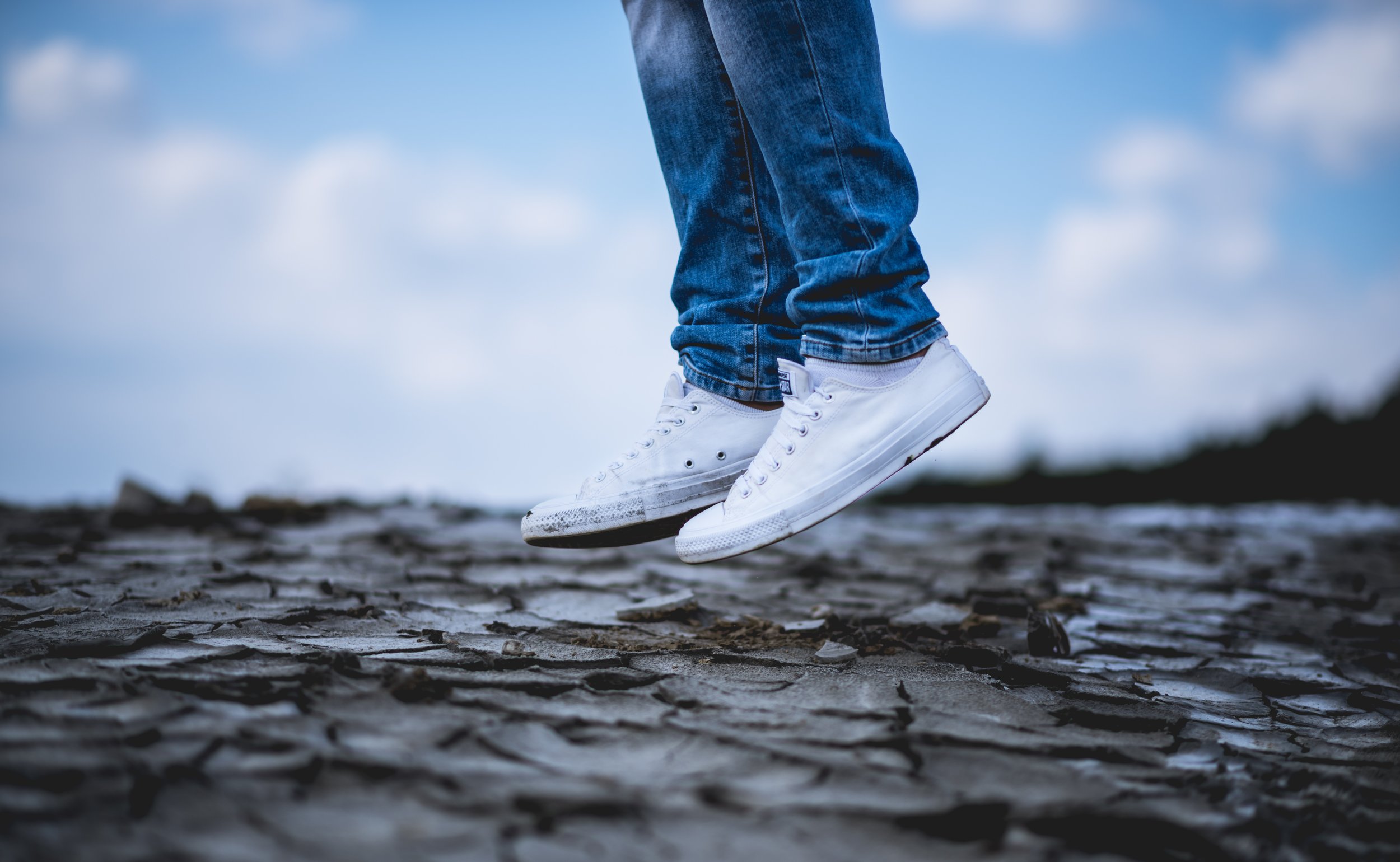Jeans that last forever
Photo: Alex Blajan/Unsplash
MUD Jeans will not sell you jeans - it will rent them to you. When you get tired of your pair, you pick another, and the company will turn your old ones into brand new jeans.
The 19th century gold rush did not only influence the lives of miners and their families, promote industrial and technological progress in the USA, and change its geological features and the world economy; it also produced something seemingly marginal, but at the same time extremely durable – jeans.
Back then, the industrialist Levi Strauss would sew the jeans with permanence in mind, so that the gold diggers working in dire conditions at least did not have to worry about their clothes.
Photo: MUD Jeans
Since then, blue jeans, a piece of clothing made of durable denim with metal rivets, has made its way from the mines to practically every wardrobe. Most likely including your own. However, most jeans these days are sewn far from sight (and mind), made of cheap cotton and in very bad conditions by poorly paid workers in third world countries, such as Bangladesh.
The Dutch company, MUD Jeans, believes that the industry, which has lost its way, needs new impetus, and primarily needs to be put on a different, professionally and ethically stronger, footing. That is why it decided to follow the principles of the circular economy. By turning old pieces of clothing into new ones, the company is returning to the basic idea of goods made to last.
Subscribing to MUD Jeans will cost you 7.50 euros per month, not including delivery costs.
Since 2013, the company has been making jeans from recycled denim, made from organic cotton in factories working under the principles of transparency. It believes that consumers are expecting companies to operate more and more responsibly and that they care about how their purchase will affect the environment and the community involved in the production process.
MUD Jeans wants to meet these expectations by establishing a subscription model which encourages its users to swap the old for the new instead of continually purchasing new items.
You can still buy their products, but it’s cheaper to rent, which means that you follow the principles of life per month and pay a monthly subscription fee of 7.50 euros. When first subscribing, you also pay for the costs of delivery and registration. They even deliver to Slovenia: the shipping is 18.25 euros.
If after a year, your jeans remain undamaged and you wish to continue wearing them, you can do so without having to continue paying for them. If or when you get tired of your pair, you can return it to the company to be recycled. If the jeans tear or get otherwise damaged before the year is up, you also simply send them back to be repaired and returned.
MUD Jeans has established a subscription model which encourages users to swap the old for the new, instead of continually purchasing new items.
After a year, the trousers can be replaced with a new pair, while you continue to pay the subscription fee; MUD Jeans will recycle your old jeans and return them to the store, newly tailored.
The company founder, Bert van Son, was thrilled to find out that subscribers like this type of exchange. His customers are mostly young people between the ages of 25 and 35, well-educated and mainly those who care more about environment and conditions their items are manufactured in. They also believe that the old can be as good as the new.
Photo: Paloma/Unsplash
Clothes that end up in landfill usually take 40 years to decompose, and the rise of »fast« and cheap fashion means that we only recycle about one percent of the produced items.
MUD Jeans would like to introduce a new trend, better suited to reusing materials. They are basing their belief on the fact that 90 percent of fabric is recyclable. That is why they insist that old products can be used to create high-quality and beautiful products that end up looking just like new.



